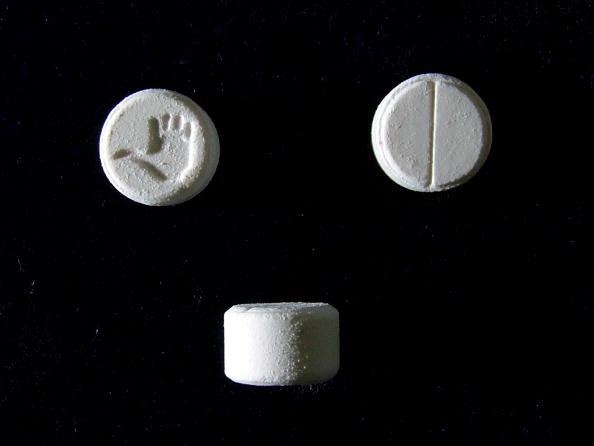
Ten students at Wesleyan University and two campus visitors were reportedly hospitalized in Connecticut over the weekend after overdosing on “Molly” or MDMA, according to the Washington Post.
Although the use of “Molly” had reportedly begun to fade during the mid-2000’s, it’s become a topic of concern among drug-abuse prevention advocates and college administrators as of late, evident from this recent case.
“Please, please stay away from illegal substances, the use of which can put you in extreme danger,” stated Wesleyan University’s president, Michael Roth.
He added, “One mistake can change your life forever.”
“Molly” is reportedly known to make users feel euphoric, experience “emotional closeness” and have increased stamina, which is why it’s often used by those going to all-night raves. The effects of MDMA can reportedly last three to six hours.
Because MDMA is a stimulant, it reportedly increases the heart rate and blood pressure to dangerous levels. After the high wears off, users can reportedly often experience “confusion, depression, sleep problems, drug craving and anxiety” for various amounts of time after use, according to the National Institute on Drug Abuse.
Rumors of any deaths in this recent case are reportedly false, according to Wesleyan spokeswoman, Lauren Rubenstein.
Six students were reportedly being cared for at Middlesex hospital in Middletown, Connecticut at 8:30am EST yesterday. A hospital representative stated that they were not critical and were “under observation” in the hospital’s emergency department, according to The Guardian.
Police are reportedly continuing to look into the source of the drug, which Middletown Police Chief William McKenna described to the Associated Press as a “bad batch.” It has reportedly not been confirmed whether the students were together when taking the drug.
“[Our] first and foremost goal is to obtain information on the batch of Molly that was distributed to the students on the campus,” explained McKenna.
He continued, “This information is critical in ensuring the recovery of those students affected.”



